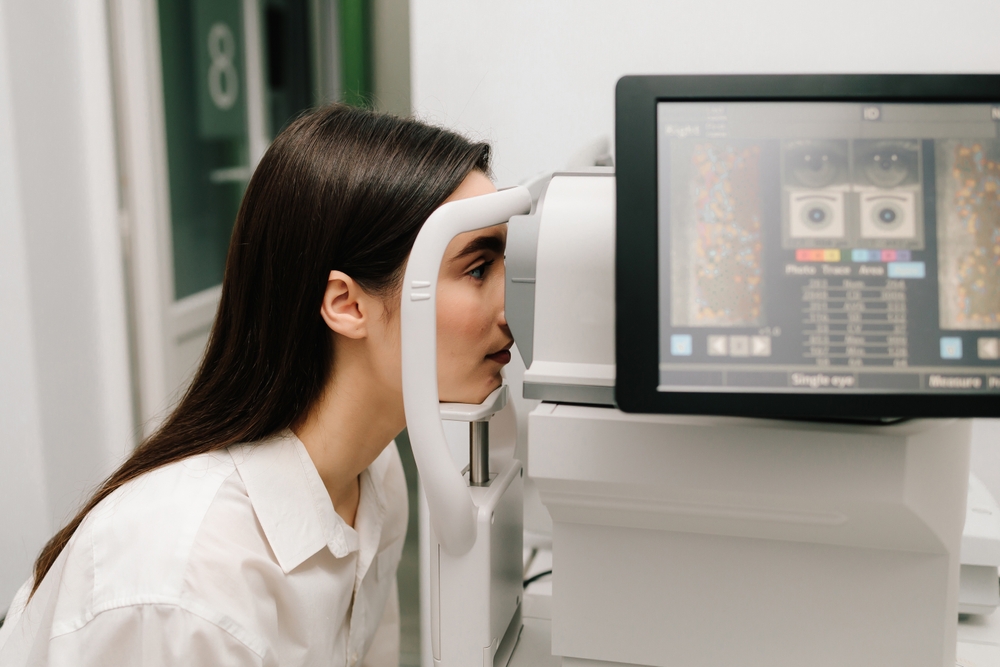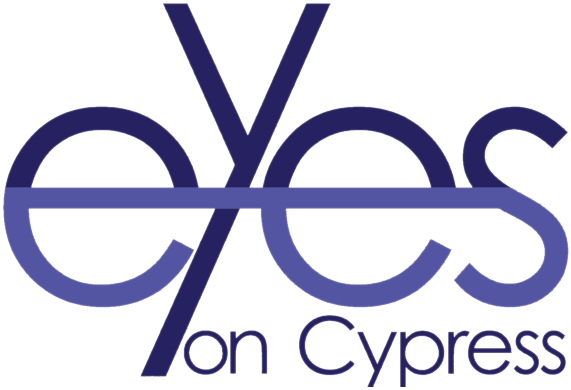
For many children and students struggling in school, the root of their academic challenges may not be due to a lack of effort or intelligence - it could be an undiagnosed vision problem. Even with 20/20 eyesight, a child may still experience visual challenges that interfere with reading, writing, and focusing in the classroom. Vision therapy is a proven way to address these issues and support stronger learning outcomes.
What Is Vision Therapy?
Vision therapy is a personalized, non-invasive program designed to improve the brain’s ability to control the eyes. Unlike glasses or contact lenses, which help with clarity, vision therapy trains the visual system to function more efficiently and effectively. It involves eye exercises and activities prescribed by an optometrist to strengthen visual skills such as eye tracking, focusing, coordination, and visual processing.
Common Vision Problems That Affect Learning
Students with visual skill deficiencies may show signs that mimic learning disabilities or attention issues. These can include:
• Trouble reading or skipping lines
• Poor handwriting
• Difficulty concentrating on homework
• Eye strain or headaches after schoolwork
• Reversing letters or words
• Short attention span during visual tasks
Without proper diagnosis and treatment, these challenges can lead to frustration, low self-esteem, and academic underperformance.
How Vision Therapy Supports Academic Success
Vision therapy targets the underlying visual issues that can interfere with a student’s ability to learn. When the eyes and brain work together efficiently, it becomes easier for students to process and retain information. By improving how the visual system functions, vision therapy lays the foundation for better academic performance.
One of the most noticeable benefits is improved reading fluency and comprehension. Many students struggle to follow lines of text or experience fatigue while reading due to poor eye tracking or focusing skills. Vision therapy strengthens these abilities, making reading more fluid and less tiring, which in turn leads to greater understanding of the material.
In addition, vision therapy can enhance a student’s ability to concentrate and stay attentive during schoolwork. Visual inefficiencies often lead to mental fatigue, making it difficult for students to remain engaged. By improving the efficiency of the visual system, students are better able to focus on classroom tasks and homework without becoming easily distracted.
Another key benefit is the improvement of visual memory and processing. These skills are essential for academic success in subjects like math, spelling, and reading. When students can more easily recognize, organize, and recall visual information, learning becomes more effective and less frustrating.
As a result of these improvements, many students experience a significant boost in confidence. When learning becomes less of a struggle, they feel more capable and motivated. This renewed sense of confidence often translates into better participation in class, more independence with schoolwork, and a more positive overall attitude toward learning.
Who Can Benefit from Vision Therapy?
Vision therapy is ideal for students of all ages who are experiencing learning difficulties related to visual function. It’s especially beneficial for children with:
• Diagnosed or suspected visual processing disorders
• Reading difficulties or dyslexia-like symptoms
• Developmental delays
• Convergence insufficiency or other binocular vision issues
A comprehensive eye exam that goes beyond basic vision screening is the first step in identifying these challenges.
Unlock Your Child’s Learning Potential at Eyes on Cypress
At Eyes on Cypress, we understand that success in school requires more than just clear eyesight. Our optometrists offer comprehensive vision evaluations and customized vision therapy programs to help children reach their full academic potential. If your child struggles with reading, focusing, or other school-related tasks, vision therapy could make all the difference.
Schedule a binocular vision evaluation with Eyes on Cypress and discover how vision therapy can help unlock your child’s full learning potential. Visit our office in Cypress, Texas, or call (713) 993-7400 book an appointment today.




